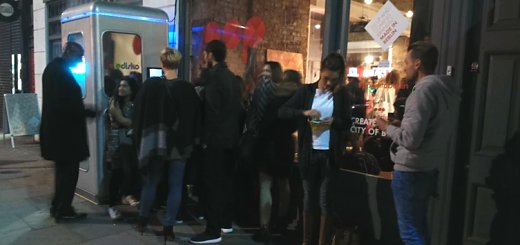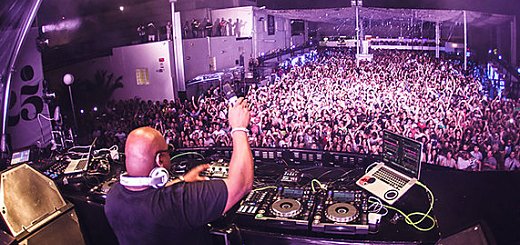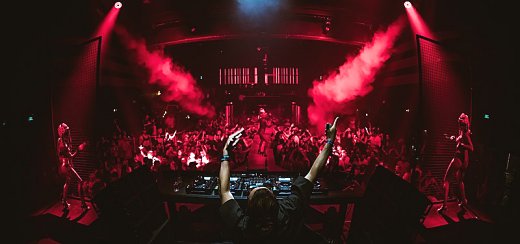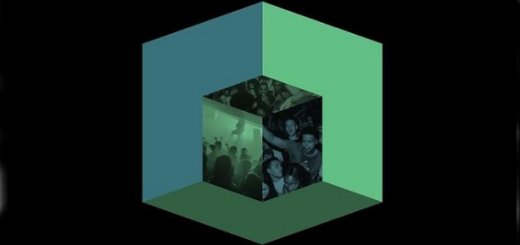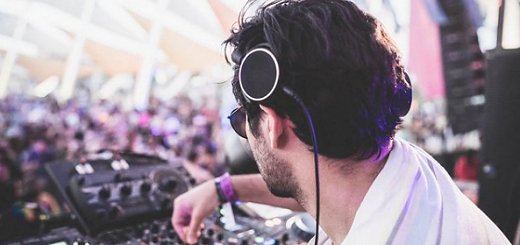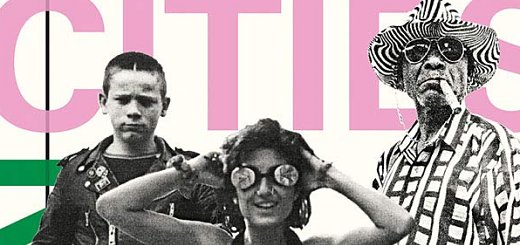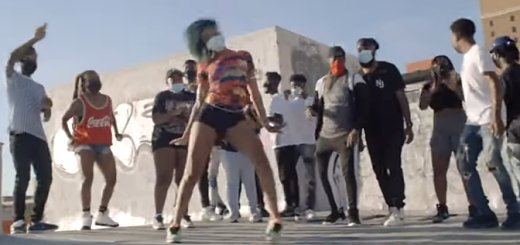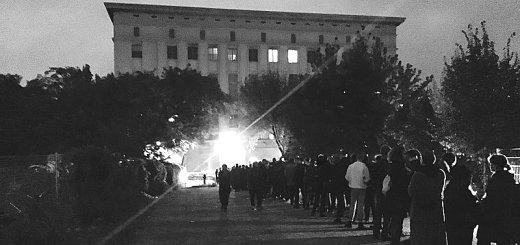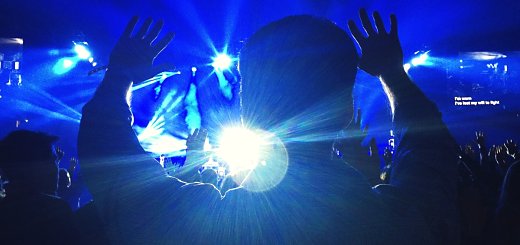Michelle Lhooq: Enter the mushwomb
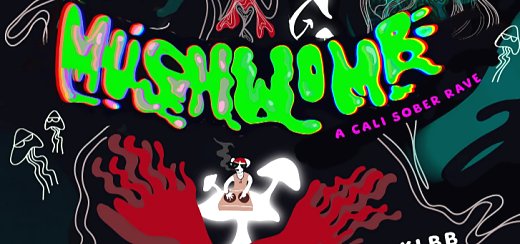
Drugs&parties expert Michelle Lhooq shares an interesting invitation to a "sober rave for all the freaks seeking new horizons of holistic hedonism...:
Parties are portals into a new way of being.
The womb is a vortex into what comes beyond.
MUSHWOMB is an alternate reality to a nightlife hellscape infected by the clout matrix.
It is a wormhole where a pussy portal leads you to a sunny dancefloor where the vibes are immaculate, the music is soulful, and toxic substances are abandoned in favor of sparkling shroom candies, botanical booze-free cocktails, and chaga chai teas.
The portal opens on 01.22.23 in a sacred queer space in Los Angeles—a secret yard where the underground’s sweat and joyful tears collect into a pool for baptism and rebirth."
